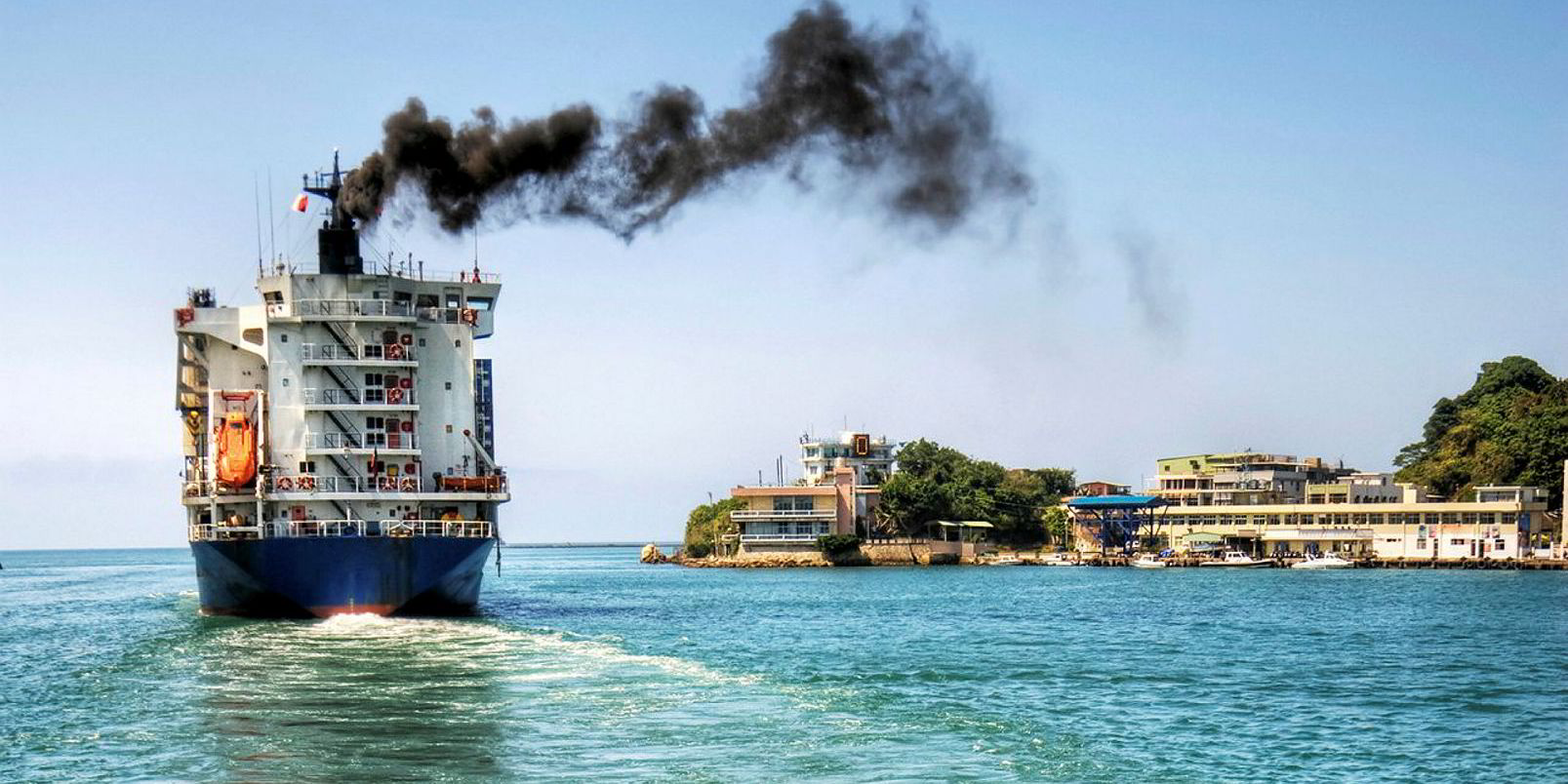Shipping has reached a watershed moment in the arguments over the need to cut greenhouse gas emissions. After years of deferring any firm commitment, IMO member nations next week face the prospect of taking a decision that is set to shape the industry for decades ahead.
The landmark 2015 Paris Agreement on climate change committed signatory nations to mitigate greenhouse gas emissions, with the long-term aim of limiting the increase in the global climate to 2C.
Shipping’s exclusion from the Paris Agreement was largely contingent on the expectation that rules would be agreed at the IMO, taking into account the unique nature of regulating the industry globally.
Arguments have raged ever since. But it is only now — three years on from Paris — that the slow-turning wheels of the bureaucratic machine have reached the point of decision.
Thankfully, there appears to be a consensus among developed nations that the time is right for an initial five-year plan to be agreed. The major questions are by how much and how soon?
UK shipping minister Nusrat Ghani recently wrote in TradeWinds that she believed the current situation — where shipping would be set to produce one-fifth of the world’s greenhouse gasses by 2050 if no action is taken — is unacceptable.
She wrote that an ambitious plan would “help deliver economic growth in countries across the world as their businesses develop new, greener ways to power ships”.
However, there remains strong push-back from some major flag states and their shipowners. Several Greek shipowners, who have positions at head-of-representative organisations, have attacked proposals to decarbonise shipping as “totally unrealistic” or “simply political statements”.
An ambitious programme agreed and enforced by IMO member nations next week can help go a long way to enabling shipping to live up to its own self-image of being a relatively clean mode of transport
But the dangers of clinging to the myth of shipping’s exceptionalism are not only misguided, they are dangerous.
Other modes of industrial transport — air, road and rail — will all have to comply with greenhouse gas reduction targets. Remember, shipping’s relatively good record of cutting emissions after 2008 was, in part, an unintended consequence of slow-steaming after the market crash. There needs to be a mechanism to control pollution in an era of continued growth.

Dangers of IMO members failing to agree next week are clear. Not only will shipping be seen to be avoiding playing its fair part in the overall efforts of business to reduce emissions, but there may be regional regulations imposed in their place.
Europe, in particular, is adamant that it will not tolerate a continuation of the status quo. And while the US may not take federal action today under the presidency of Donald Trump, that may change in future years. And individual US states, such as California, that have a track record of strong environmental protection measures may take their own action if they see inertia elsewhere.
Global shipping benefits when there are worldwide regulations that are fairly and equally enforced. Greenhouse gas emission limits are no different from any other area of environmental protection.
An ambitious programme agreed and enforced by IMO member nations next week can help go a long way to enabling shipping to live up to its own self-image of being an efficient and relatively clean mode of transport.
Failure risks creating a complex web of competing rules as countries react to popular demands for action, further undermining the industry’s reputation for competent governance. The choice is clear: ambitious action is needed.



